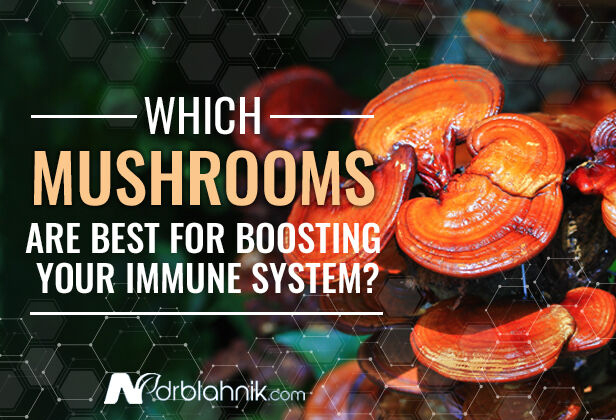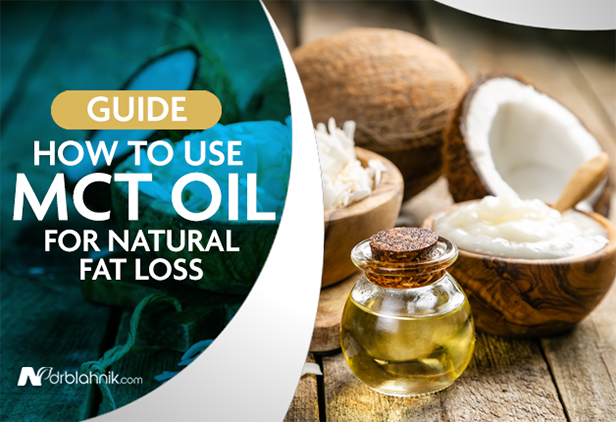The immune system is a critical part of our bodies. It fights off the trillions of microorganisms we encounter every day, preventing them from hurting us or making us sick. It fights off bacteria, viruses, and fungi that would love to take root and use our bodies as food, fuel, or a home.
If your immune system is suppressed, you’re more susceptible to getting sick. Your body has a harder time fighting off everything from the common cold to cancer. The immune system will attack anything it views as a foreign invader, which includes diseases and infections but also includes things like organ transplants and some medications or treatments for other diseases. That’s why sometimes you’ll be prescribed an immunosuppressant, to keep your immune system in check while other issues are treated.
It makes sense, then, that people would want to keep their immune systems active, right? That’s why there are so many immune booster programs, products, and tips out there.
The truth is, the immune system needs balance. An over-active immune system causes many problems of its own. Lupus, Rheumatoid Arthritis, Multiple Sclerosis, and Psoriasis are all autoimmune diseases caused by the immune system getting over-active and attacking specific kinds of cells in the body (such as joint cartilage, nerve cells, or skin cells).
When we say such and such a product can boost the immune system, we generally mean one of a few things.
- The product can boost your overall health to make it easier on the body to fight off invaders and stay in balance.
- The product provides building block nutrients the immune system uses to build the cells it uses to detect and fight infections, thus giving it more fuel to act properly.
- The product has certain antibiotic, antiviral, or antifungal effects that do their work to fight infections, easing the burden on the immune system.
Thus, there are a lot of different foods, herbs, teas, and other edibles found around the world that can have one or more of the above effects. Mushrooms are no different.
Table of Contents
How Mushrooms Boost the Immune System
So how do mushrooms boost the immune system?
The first thing to recognize is that mushrooms are some of the most potent natural foods in the world. Mushrooms are part of the fungis biological kingdom, but most fruits, for example, are either edible or inedible. If you eat an inedible berry, you might get some stomach cramping or diarrhea, but you’re probably not going to be seriously harmed from it. Many roots are the same way. Mushrooms, though, are wild. Some mushrooms can kill you with the barest taste. Some of them induce extreme psychoactive effects. Often, edible mushrooms and highly toxic mushrooms look very similar – so much so that even experienced mycologists can make mistakes.
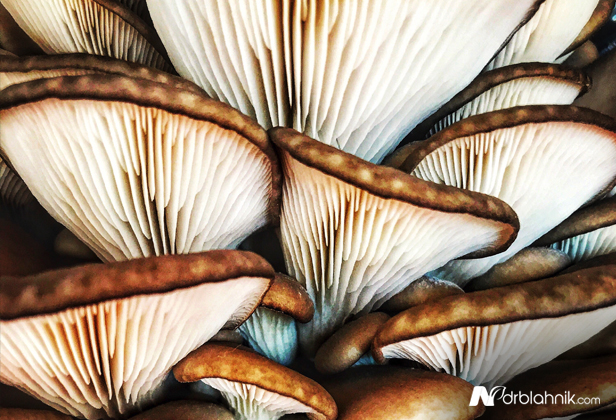
All this is to say that mushrooms can have extremely powerful effects. In a lot of cases, health foods and exotic supplements you see on the market are good for you in the sense that they’re vegetables packed with vitamins, not that they have any medicinal or curative properties. With mushrooms, you’re dealing with a very powerful force of nature, so their effects can be much stronger.
The vast majority of mushrooms are either extremely difficult or impossible to cultivate or are simply too toxic to bother with. There are an estimated 22,000 different varieties of mushrooms, of which around only 30 of them are cultivated, and another 15 of them are wild-foraged, such as truffles and morels.
The untapped potential of mushrooms is vast, but you should never embark on studying them without education in mycology. It’s far too easy to get in trouble eating mushrooms that look safe but are commonly confused with inedible varieties.
That said, we’re not here to talk about wild mushrooms found in forests and old tree trunks. We’re talking specifically about those 30 or so mushrooms that are safe, cultivated, and fit for human consumption. These mushrooms can have powerful medicinal effects, even though they’re mostly used as a culinary treat most often.
These mushrooms are often packed full of nutrients and vitamins, as well as some bioactive polysaccharides. Among those nutrients is beta-glucan, which has prebiotic benefits.
If you compare this to our three ways to boost the immune system up above, you can see that mushrooms can possess all three effects. Most of them are simply highly nutritious and healthy vegetables to eat. Some of them have additional effects in the building block range, while others can help as an antibacterial supplement. So, let’s look at the range of mushrooms you can use as supplements to boost your immune performance.
How to Consume Healthy Mushrooms
Though we’ve mentioned the culinary uses of mushrooms a few times already, the fact is, none of these mushrooms are particularly good as culinary additions. These aren’t your usual portobellos or shitakes. These are more exotic mushrooms that, while they have beneficial nutrients and healthy compounds in them, are not particularly tasty. Usually, they have a sort of acrid, earthy taste, and are often somewhat bitter.
No, the actual use for these mushrooms is as a powder. Specifically, you’ll typically only find them as a powder. You can then use the powder in doses, a spoonful or so (depending on the mushroom and the instructions on the package).
So how are they best consumed? To be honest, you can consume them however you like. Many people add a spoonful to their morning coffee (along with a collagen powder, for example, to make a bulletproof coffee).
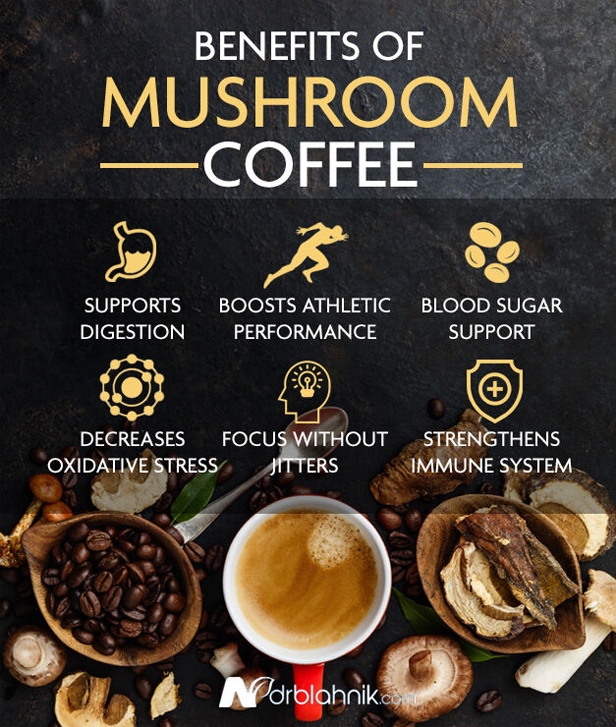
Some people mix a spoonful in with whatever they’re cooking, as a “spice” in a stir-fry or as a supplemental powder in a smoothie or shake.
There’s no wrong way to consume these mushroom powders. Most often, it comes down to personal taste. Some people like the taste and willingly add it to their meals. Other people prefer to hide it under something much stronger, like coffee. It’s up to you.
Which Mushrooms Are Best for the Immune System?
Now let’s get to the meat of the issue: which mushrooms, specifically, are the best for your immune system?
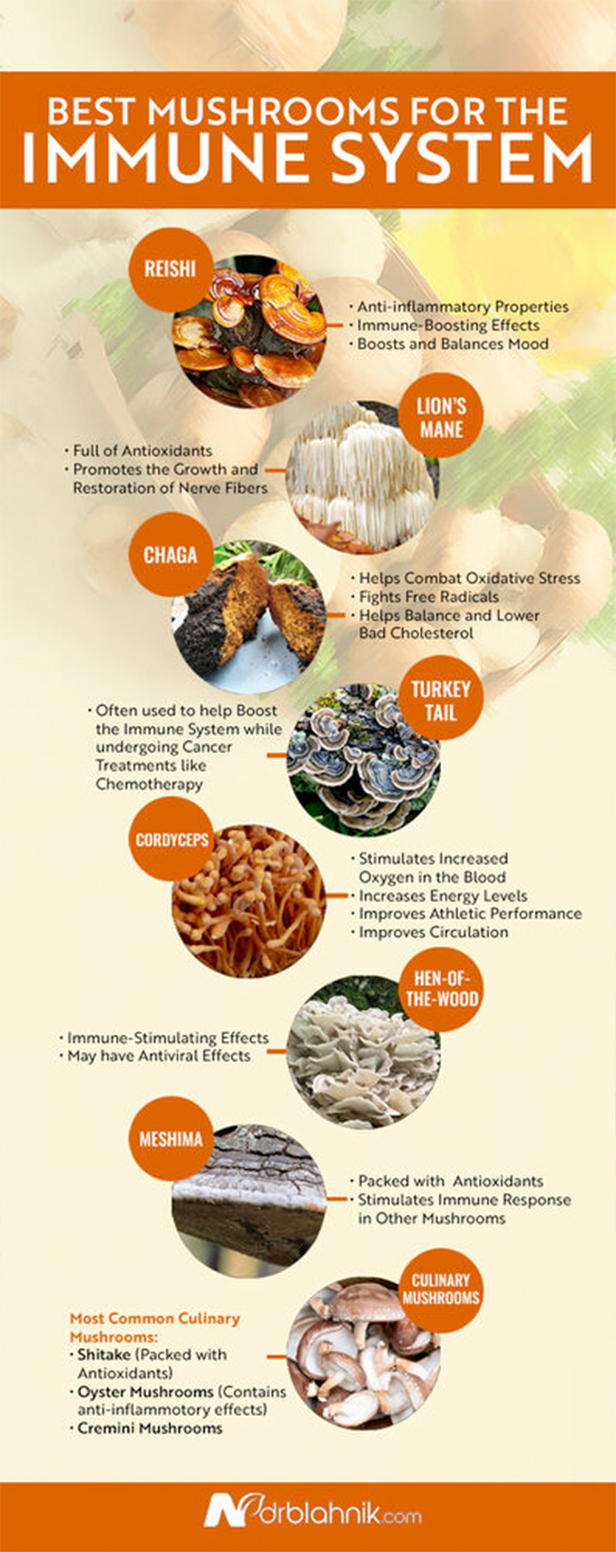
1. Reishi. Not to be confused with eastern mystical energy, the reishi mushroom encompasses several species of the Ganoderma mushroom. It has long been used in traditional Chinese medicine. It’s one of the most commonly known medicinal mushrooms, and with good reason: it has a whole host of potential health benefits. Among them include anti-inflammatory properties and immune-boosting effects. It’s also quite good at boosting and balancing mood, leading to some people calling it “nature’s Xanax.”
2. Lion’s Mane. Lion’s Mane is named such because of its appearance. It’s long, bushy, and stringy, like a clump of thick hair, or a lion’s mane. Scientifically known as the Hericium Erinaceus, it’s native to North America and Europe, where its sporocarps are often used as a culinary mushroom.
In addition to being full of antioxidants, the lion’s mane mushroom may help promote the growth of the bioprotein NFG, which promotes the growth and restoration of nerve fibers, as well as the myelin that contains nerves in the brain. Thus, it helps your immune system work by facilitating your nervous impulses reaching your brain and being adequately addressed.
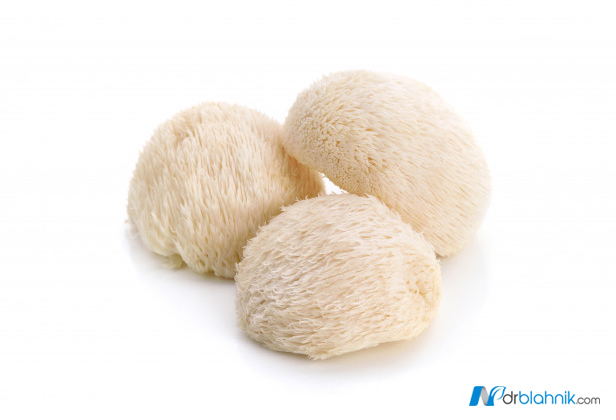
3. Chaga. The Chaga mushroom is a fairly gross-looking parasitic fungus found on birch trees. Under the scientific name Inonotus obliquus, you can often find this mushroom used as a form of medicine in northern birch forest areas of the world. It is primarily used to combat oxidative stress and fighting free radicals; in other words, it’s a potent antioxidant. It’s also surprisingly good at helping balance and lowers bad cholesterol.
4. Turkey Tail. Not related to the bird at all beyond appearance, the turkey tail mushroom is the colloquial name for the Trametes Versicolor mushroom. It often grows in large sheets somewhat resembling layers of scales or shingles standing on end. It is often used as an immune booster in, you guessed it, Chinese medicine, though many people claim that it also has anti-cancer properties.
As of yet, its effect on cancer is indeterminate. No conclusive studies have proven its efficacy either way. It’s often used as a supplement to help boost the immune system while undergoing cancer treatments like chemotherapy, though, so there may be some benefit there as an additive treatment in addition to other medications.
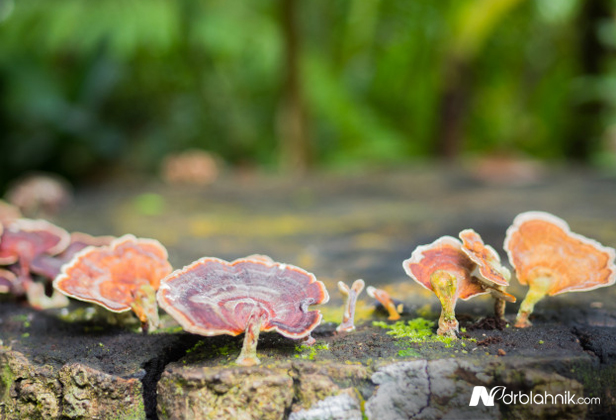
5. Cordyceps. Where most mushrooms on this list are specific species of mushrooms, the entire cordyceps genus gets an entry of its own. These parasitic mushrooms have been the inspiration of several media properties, including The Last of Us, because of the way the fungus can infect a host (usually an insect) and control its behavior to position it favorably for the proliferation of the fungus itself.
It doesn’t have this effect on humans, thankfully. We dry it out, grind it up, and add it to our coffee as a supplement. So what does it do? Cordyceps stimulates the body into processing more oxygen in the blood. This has the effect of increasing energy levels, improving athletic performance, and speeding up healing after working out. It also improves circulation and, as far as the immune system is concerned, speeds up immune reactions.
6. Hen-of-the-Wood. Also known as the Maitake mushroom, the scientific name for this mushroom is Grifola frondosa. It’s a ruffled mushroom that looks sort of like a small fledgling bird with feathers sticking out every which way. It’s used as a food in some culinary preparations but is also found as a medicinal herb. It includes a compound called proteoglycan, a polysaccharide that has observed immune-stimulating effects. There are also a few promising studies that indicate it may have antiviral effects and could help combat both hepatitis B and HIV.
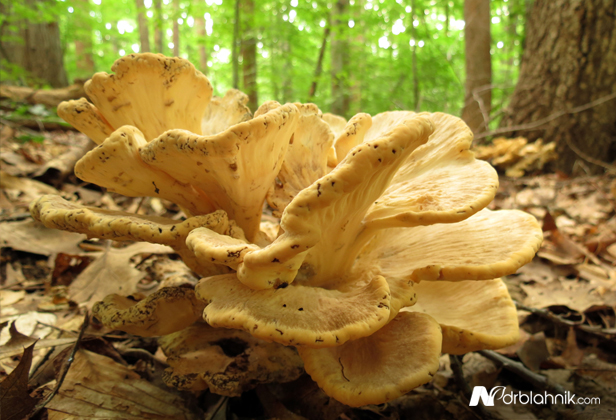
7. Meshima. These mushrooms are less commonly known and a little less available than many other health-food mushrooms. Also known as goat’s hoof or sanghuang, the Phellinus Linteus species is another traditional Chinese medication. It’s primarily an antioxidant, but it has some of the same range of polysaccharides that stimulate an immune response in other mushrooms.
8. Culinary Mushrooms. Several of our most common culinary mushrooms have beneficial health effects as well.
- Shitakes, the Japanese mushrooms, are packed with antioxidants and have a range of beneficial nutrients. Plus, they taste delicious.
- Oyster mushrooms, commonly sold as a food ingredient, may have some anti-cancer properties. Their array of polysaccharides have anti-inflammatory effects as well.
- Cremini mushrooms are some of the weakest mushrooms in the kingdom, but they’re still potent little vegetables. You’ll recognize them as white button mushrooms.
Suffice it to say that pretty much every culinary mushroom is going to be healthy to eat, it’s just a matter of what flavors you want them to have, how you want to prepare them, and how they can impact your immune system directly.
Disclaimer
Now, before you go out and start buying a bunch of mushrooms to eat every day, it’s worth mentioning a few things about them.
- First of all, most of the benefits of mushrooms are the same sorts of benefits you get from nutritious vegetables. They aren’t going to be a magical cure-all, nor could they necessarily have a drastic impact on the progression of a disease. Mushrooms aren’t going to cure cancer or prevent you from catching a virus. They help keep you a little healthier and help your immune system operate a little more smoothly, that’s all.
- Secondly, the majority of the studies that have been conducted into the efficacy of mushrooms have been animal studies. While there is usually a significant crossover between animal and human effects – that’s why we use animals for these studies in the first place – there’s no definitive proof or study of those effects in humans. As always, take some of these studies on mushrooms with a grain of salt.
That said, as long as you’re not picking a random mushroom from your yard to eat, chances are you’re going to experience some kind of health benefit from eating healthy mushrooms. At the very least, they’re delicious and packed with nutrients, and if they can potentially have additional health benefits on the side, even better.
Do you have a favorite mushroom or mushroom blend you like to take? Feel free to discuss it below!

